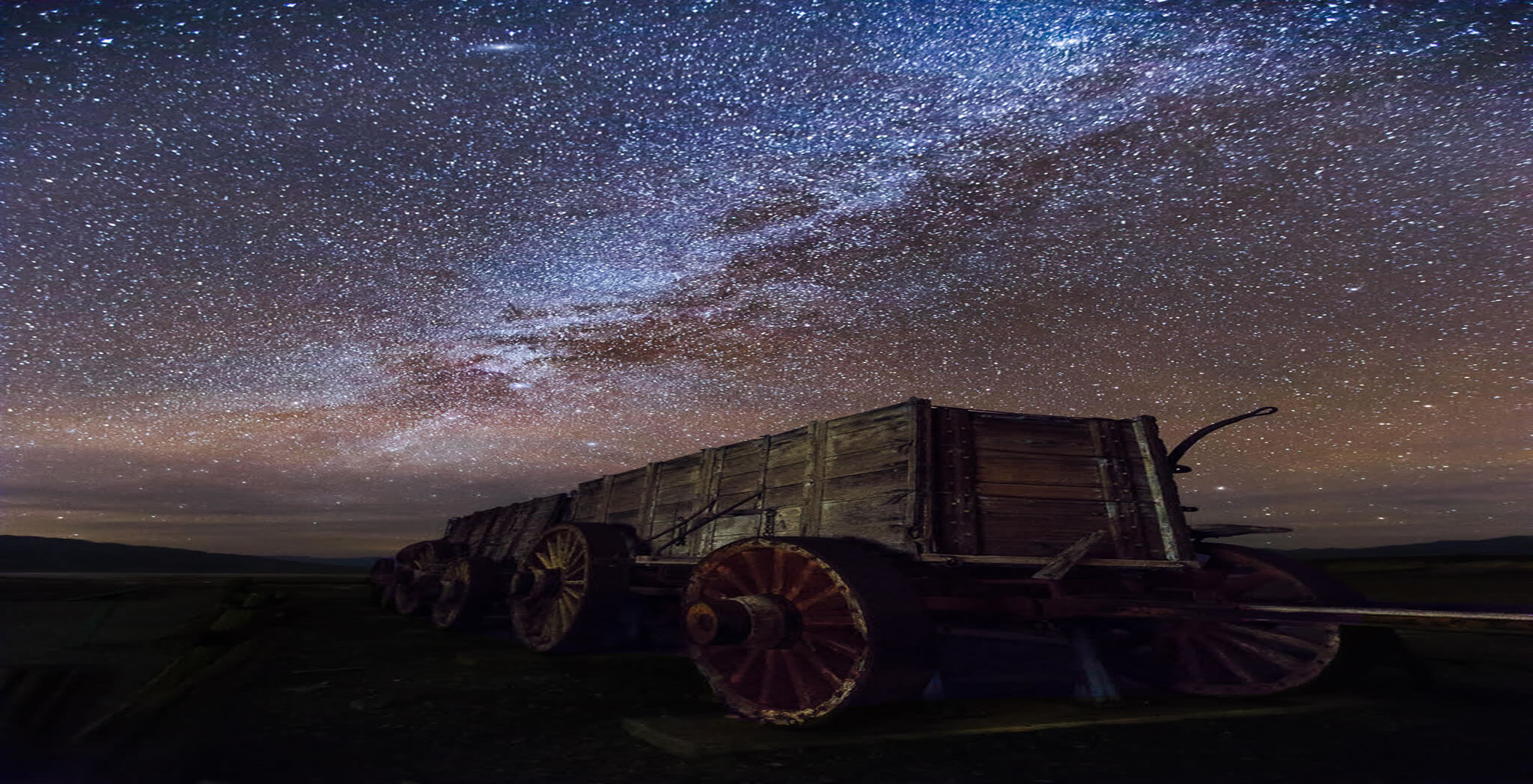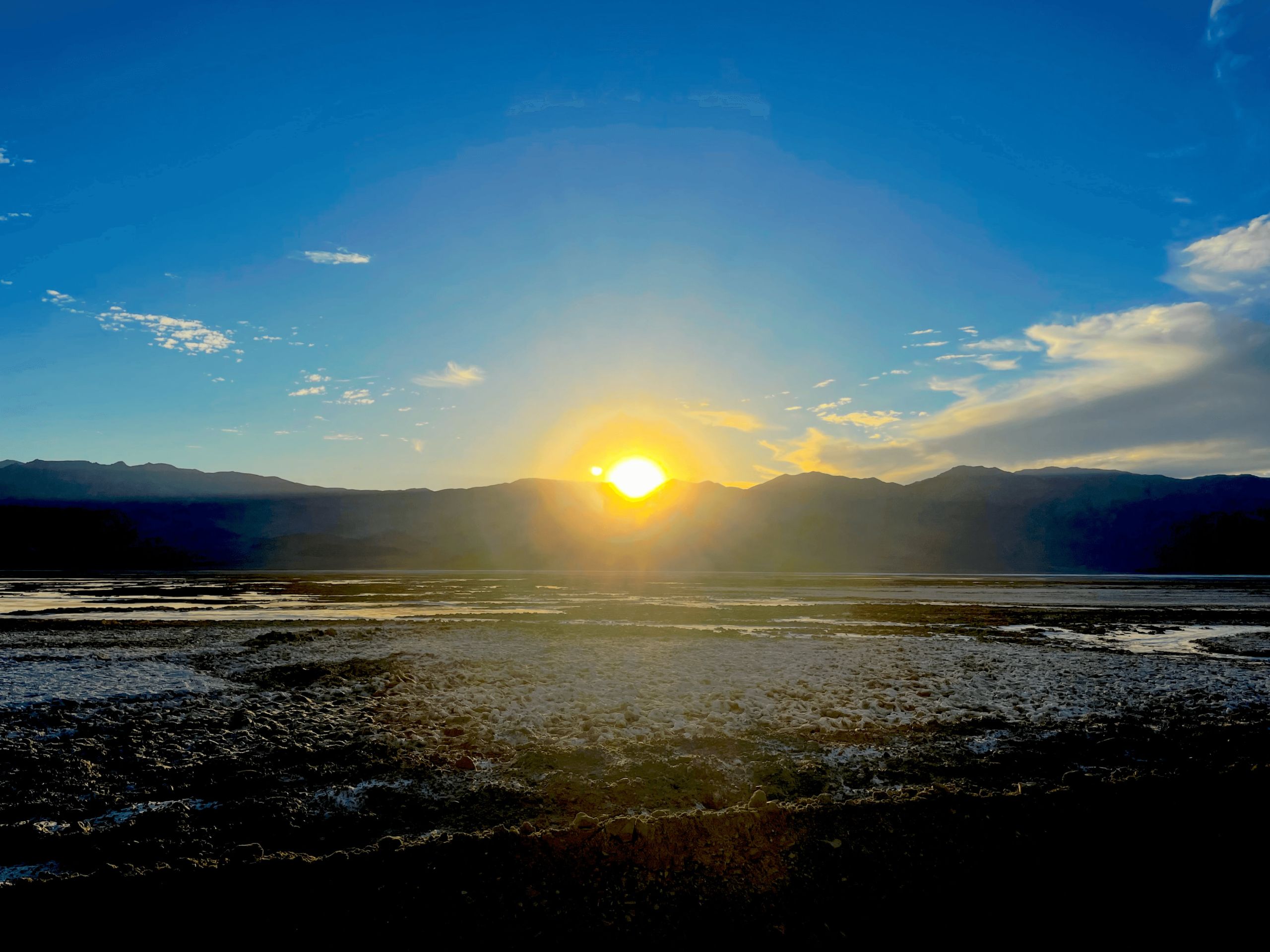Seasons of Death Valley
Fall and Winter: Cool Days, Crisp Nights
Death Valley truly shines in fall and winter. Expect pleasant days with a slight chill at night, often with visitors in shorts against a backdrop of snow-capped mountains. Its proximity to the Sierra Nevada means you could hike in shorts one day and ski in Mammoth the next! The valley floor is open for all typical National Park activities, and cross-country skiing might even be possible at higher elevations.
Spring: A Sea of Color
Spring can be magical in Death Valley. When conditions are right, the vast geologic vistas transform into a breathtaking “sea” of yellows, purples, whites, and pinks as dormant seeds burst into life. Experiencing a bloom is the only way to truly understand its beauty. Wildflowers typically bloom in mid-February but can appear as early as late December. There are two ways to plan for a bloom:
- Make reservations for late February or early March and hope for the best.
- Check the Death Valley National Park website daily, and when a bloom alert goes out, drop everything and come! Either way, spring in Death Valley is amazing and shouldn’t be missed.
Summer: Embrace the Heat, Find the Cool
Summer is still a great time to visit Death Valley, offering unique experiences. Yes, it’s hot – some would say very hot! But there’s still plenty to do. While hiking on the valley floor isn’t recommended, the higher elevations offer fantastic hiking and camping with much cooler temperatures. You’ll also benefit from significantly smaller crowds and excellent air conditioning everywhere. Imagine showing friends a photo of yourself next to the visitor center thermometer reading 122 degrees – now that’s a summer story!



